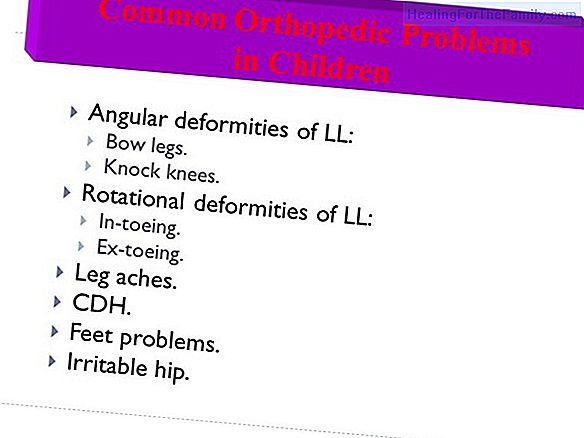Equilingual education for children
Equilingual education allows children to use two languages indistinctly and to change from one language to another to perform the classic word translation. E-lingualism is the ability to use with full competence and no interference and in any situation, two different languages. This level represen
Equilingual education allows children to use two languages indistinctly and to change from one language to another to perform the classic word translation. E-lingualism is the ability to use with full competence and no interference and in any situation, two different languages. This level represents perfect bilingualism, that is, speaking and thinking in another language, without translating.
An equilingual student is one who is able to: think in English and Spanish in an indistinct way, one who expresses himself in the language he thinks, one who does not translate, who has the utterances of each language and is capable of having the cultural worldview of the two languages can adapt and select the decisions and needs according to the language they are using.
How to get an equilingual education for the children?

If there is an educational aspect in which all parents agree is the importance of having their children speak a second language, but how can we get the children to receive an equilingual education? To ensure that children are equilingual, it is necessary that they be immersed in absolute bilingualism from an early age, and that they live both languages as one.
The ear becomes accustomed to sounds during childhood and the phonetic device to pronunciation in a specific language. Therefore, it is important that they listen to a native accent on a regular basis, especially when they are younger, since up to 5 years of age, children incorporate new sounds and phonemes with naturalness and spontaneously, and learn without translating one to another language quickly and easily.
Some of the initiatives with which parents can help their children to be equilingual are to motivate them with children's stories and educational games since they are small, the viewing of films in their original version, the choice of school, the organization of holidays in another country where a language other than that of habitual residence is spoken, and encourage them to prepare for official language exams.
Other initiatives that do not need much encouragement from parents are communication in another language through new technologies, because they facilitate autonomy in learning. Social networks also enhance the expression and understanding of different languages through the computer, mobile phones or video game consoles. At least once a year, it is convenient for children to travel to other countries of camp or exchange or be welcomed by an English-speaking family to work English.
Marisol Nuevo.












